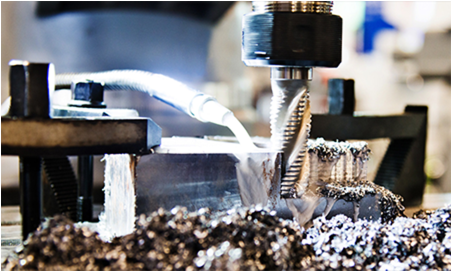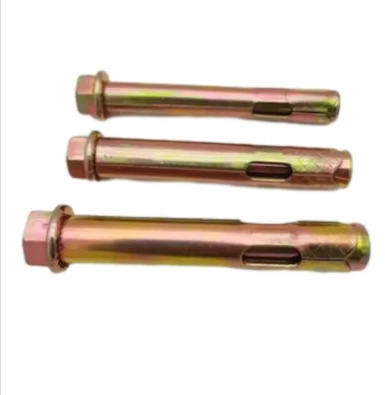Feb . 19, 2025 10:13 Back to list
Factory Wholesale Carbon Steel Galvanized White Zinc M8X50 DIN603 Carriage Bolt
Bolts play a crucial role in the world of construction and mechanical industries, securing structures and ensuring the durability of various applications. With a plethora of bolt types available, understanding their unique characteristics and applications is vital for selecting the right bolt for any project. Each type of bolt serves distinct functions, catering to specific needs in different scenarios.
U-bolts are incredibly distinct, with a characteristic curved shape forming a U. These bolts are integral in securing pipes, tubes, and cables, functioning effectively in plumbing, construction, and automotive industries for holding cylindrical objects in place. The U-bolt wraps around the object and bolts through a surface, offering a secure and customizable fastening solution. Eye bolts are specialized bolts featuring a loop or eye at one end, facilitating the lifting and supporting of heavy loads when used with ropes or chains. These bolts are particularly useful in rigging, lifting equipment, and even in marine applications where securing heavy loads is a necessity. The design of eye bolts ensures they can handle tension and withstand the weight of cumbersome objects. When selecting the appropriate bolt, understanding the specific needs of the application is crucial. Factors such as material compatibility, environmental conditions, load requirements, and aesthetic preferences all play significant roles. Stainless steel bolts, for instance, are favored in environments prone to corrosion, while high-tensile steel bolts are chosen for their exceptional strength in heavy-load applications. Furthermore, the proper installation of bolts is vital to their performance. Ensuring that bolts are not over-tightened, using suitable washers, and considering potential expansions or contractions due to temperature variations are all critical for maintaining the integrity of the fastened structures. Regular inspections and maintenance also contribute to the longevity and effectiveness of bolts in their respective applications. Choosing the right bolt ensures the success and safety of any mechanical or construction project. By understanding the varied types and their specific uses, professionals can enhance structural stability and reliability. Whether for securing a wooden deck, constructing an outdoor pergola, or assembling a piece of machinery, the correct bolt is a fundamental component in achieving durability and stability, underscoring the importance of expertise and experience in making informed choices.


U-bolts are incredibly distinct, with a characteristic curved shape forming a U. These bolts are integral in securing pipes, tubes, and cables, functioning effectively in plumbing, construction, and automotive industries for holding cylindrical objects in place. The U-bolt wraps around the object and bolts through a surface, offering a secure and customizable fastening solution. Eye bolts are specialized bolts featuring a loop or eye at one end, facilitating the lifting and supporting of heavy loads when used with ropes or chains. These bolts are particularly useful in rigging, lifting equipment, and even in marine applications where securing heavy loads is a necessity. The design of eye bolts ensures they can handle tension and withstand the weight of cumbersome objects. When selecting the appropriate bolt, understanding the specific needs of the application is crucial. Factors such as material compatibility, environmental conditions, load requirements, and aesthetic preferences all play significant roles. Stainless steel bolts, for instance, are favored in environments prone to corrosion, while high-tensile steel bolts are chosen for their exceptional strength in heavy-load applications. Furthermore, the proper installation of bolts is vital to their performance. Ensuring that bolts are not over-tightened, using suitable washers, and considering potential expansions or contractions due to temperature variations are all critical for maintaining the integrity of the fastened structures. Regular inspections and maintenance also contribute to the longevity and effectiveness of bolts in their respective applications. Choosing the right bolt ensures the success and safety of any mechanical or construction project. By understanding the varied types and their specific uses, professionals can enhance structural stability and reliability. Whether for securing a wooden deck, constructing an outdoor pergola, or assembling a piece of machinery, the correct bolt is a fundamental component in achieving durability and stability, underscoring the importance of expertise and experience in making informed choices.


